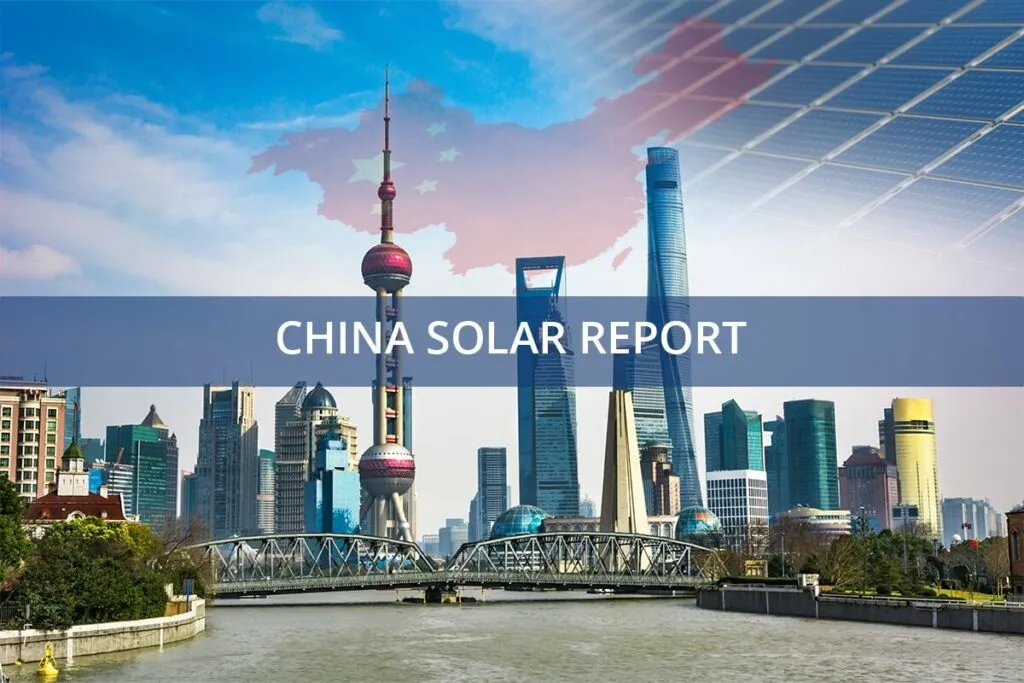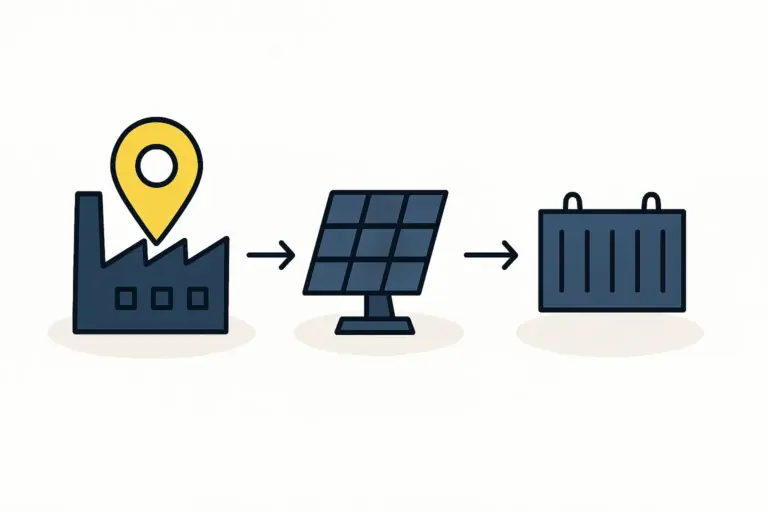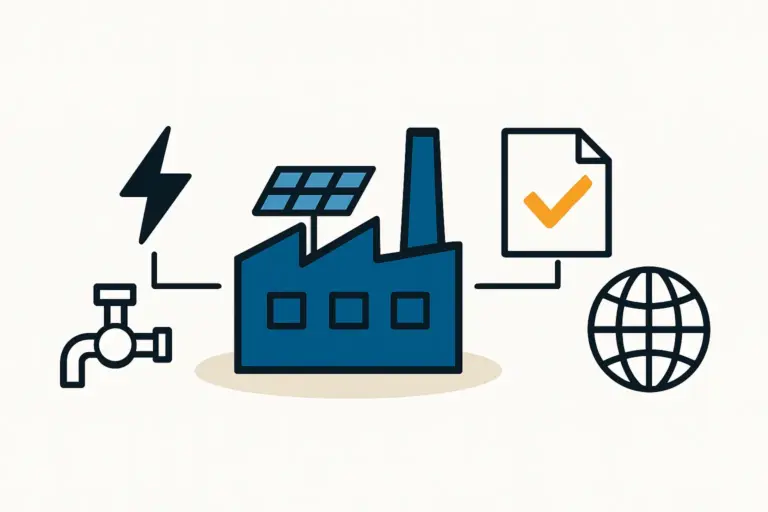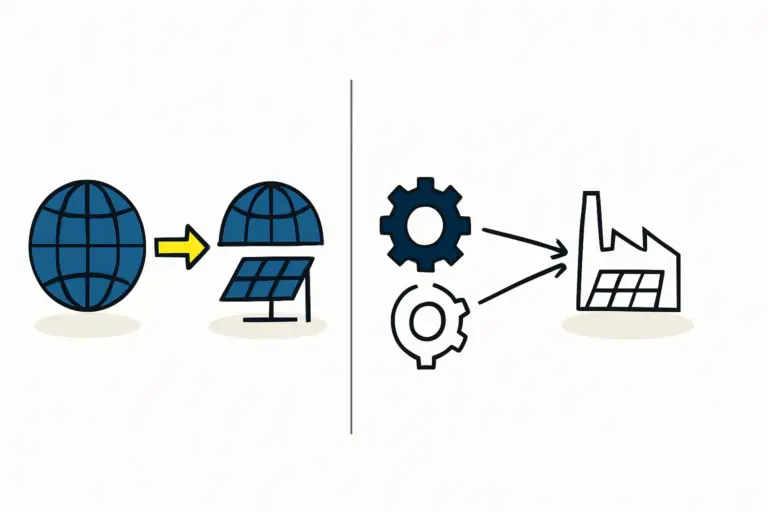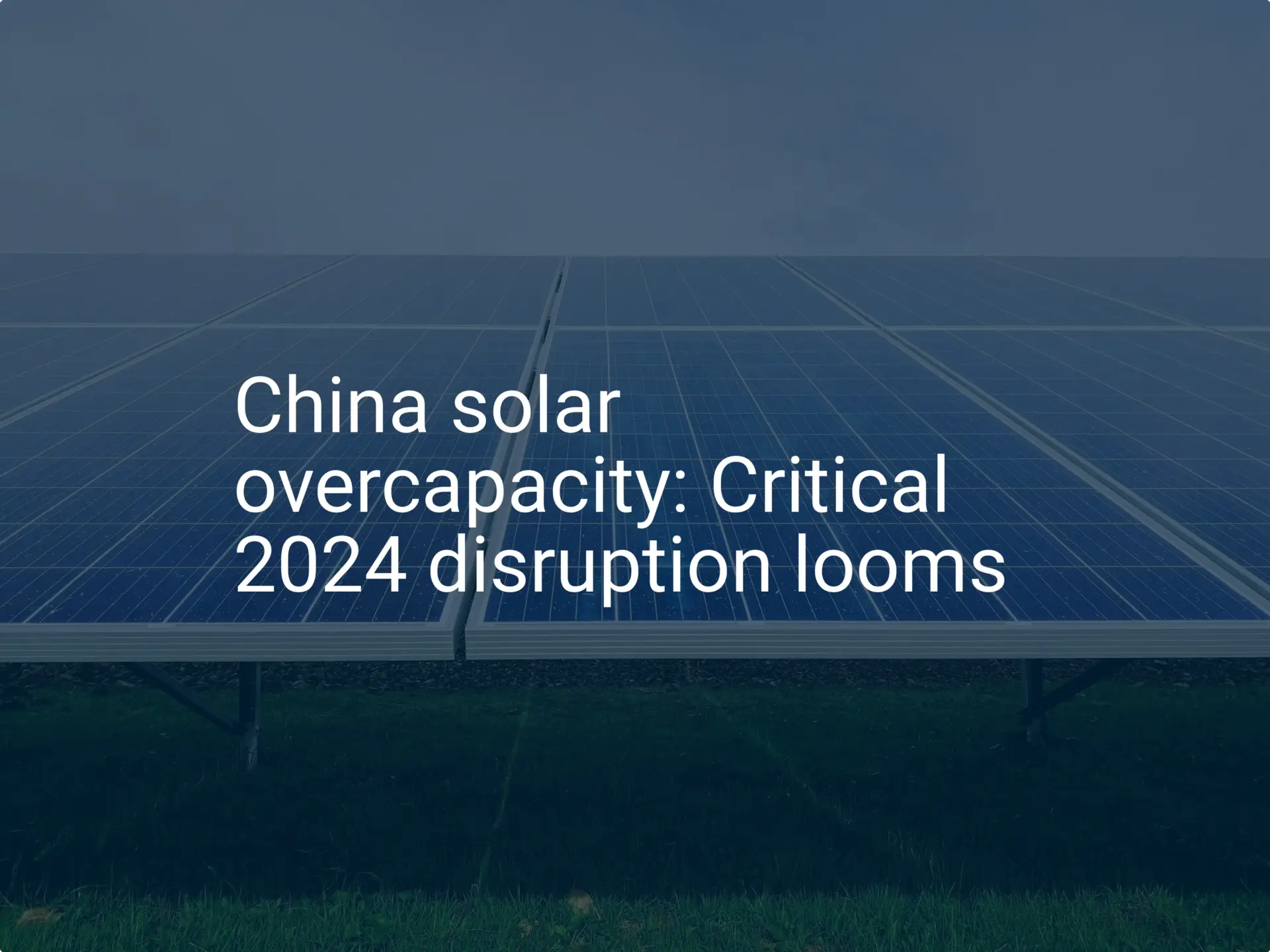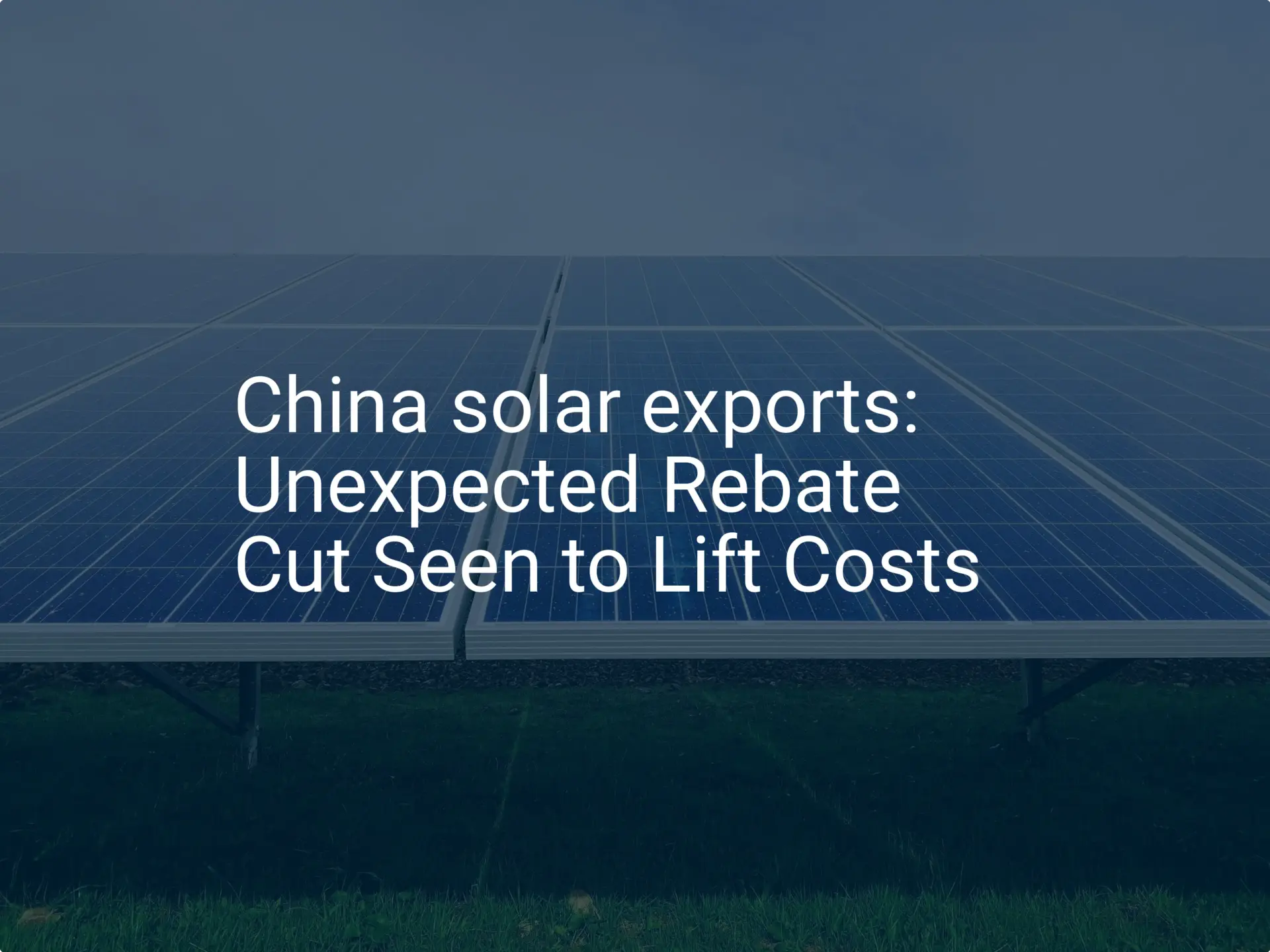Many entrepreneurs considering a solar manufacturing venture in China share a common, valid concern: protecting their intellectual property (IP). While stories of IP theft are pervasive, they often obscure a more nuanced reality.
Today, China is the world’s largest filer of patents—a testament to a rapidly evolving legal framework that rewards those who understand its rules. For international investors, success isn’t about avoiding the market but engaging with it strategically.
Protecting your proprietary technology in China is achievable with a disciplined approach that combines legal foresight, operational diligence, and careful partner selection. This guide outlines foundational strategies for safeguarding your most valuable assets.
Table of Contents
Understanding the Modern IP Landscape in China
The first step in mitigating risk is moving beyond outdated assumptions. China’s IP system is robust and increasingly effective, especially for those who register their rights within its jurisdiction.
According to the World Intellectual Property Organization (WIPO), China received over 1.5 million patent applications in a single recent year, more than any other country. This figure alone demonstrates a system that is actively used and enforced.
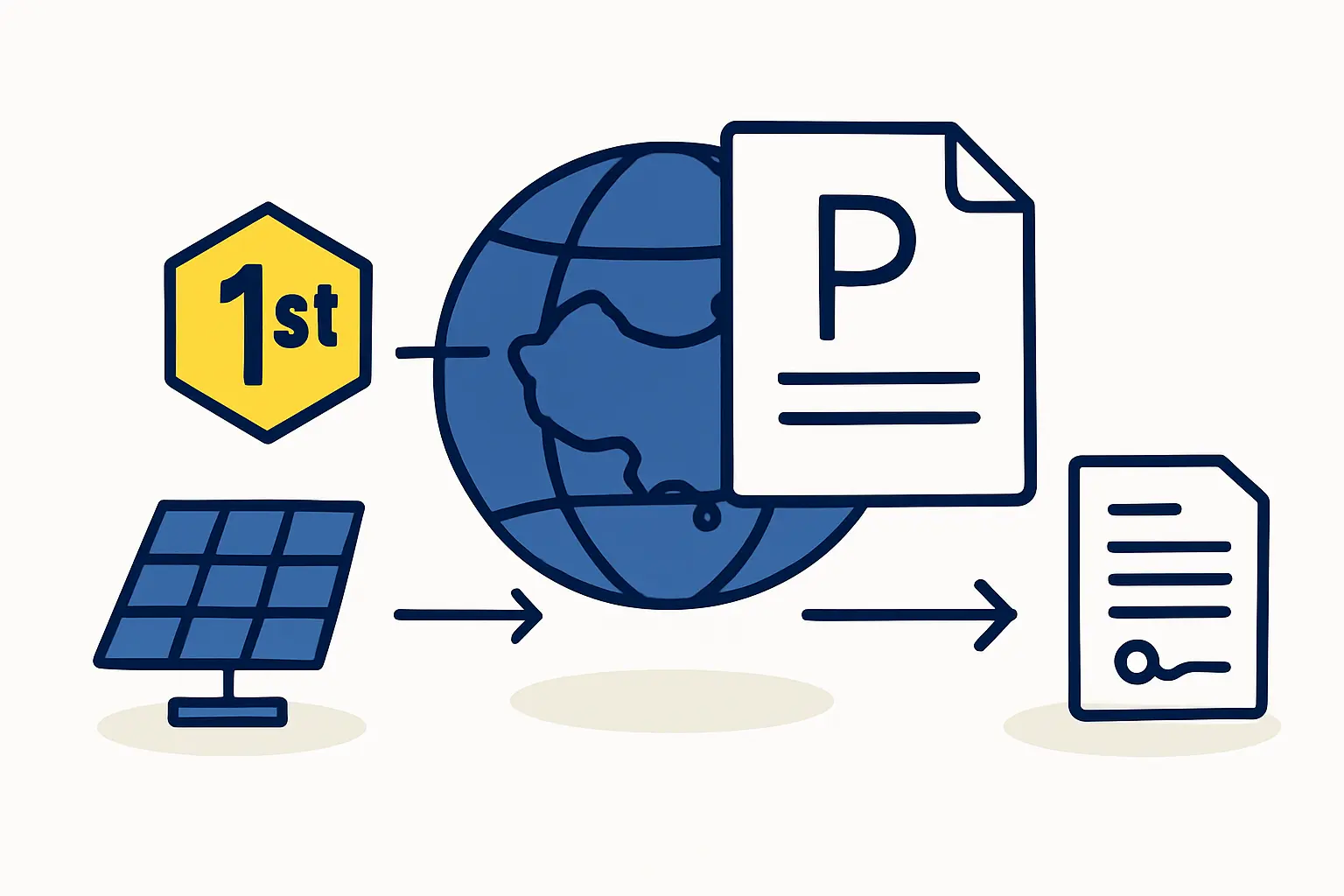
However, the system operates on a critical principle that differs from many Western countries: ‘first-to-file.’ This means the first entity to file for a patent or trademark in China is generally granted the rights, regardless of who first invented the technology or used the brand elsewhere. Waiting to register your IP until after you have established operations can be a costly mistake.
For a solar panel manufacturer, IP falls into three primary categories:
- Patents: Protecting specific inventions, such as a novel solar cell architecture or a unique module assembly technique.
- Trademarks: Safeguarding your brand, logos, and product names.
- Trade Secrets: Protecting confidential business information—like proprietary manufacturing processes, lamination temperature profiles, or specific material formulas—that provides a competitive edge.
A Western patent or trademark offers no legal protection in mainland China. You must register for protection locally through the China National Intellectual Property Administration (CNIPA).
Core Strategies for Proactive IP Protection
A comprehensive IP strategy is not a single action but a continuous process integrated into your business operations. It rests on three essential pillars: legal frameworks, operational safeguards, and partner due diligence.
1. The Legal Framework: Your Foundation of Protection
Before any substantive discussions with potential partners or suppliers, it’s essential to have a solid legal foundation in place.
- Register Early and Locally: As part of your initial business plan for a solar panel factory, budget for and prioritize filing patents and trademarks in China. This simple, proactive step is your single most effective defense against infringement and ‘trademark squatting,’ where a third party registers your brand name to sell it back to you.
- Utilize NNN Agreements: A standard Non-Disclosure Agreement (NDA) from Europe or North America is often unenforceable in China. Instead, use a Non-Disclosure, Non-Use, and Non-Circumvention (NNN) agreement. This contract is specifically drafted for enforceability in Chinese courts and prevents a potential partner from using your information to compete against you or bypassing you to work directly with your suppliers.
- Define IP Ownership Clearly: In all contracts with suppliers and partners, explicitly define ownership of background IP (what you bring to the partnership) and foreground IP (what is developed jointly). This clarity helps prevent future disputes over innovations created during the project.
2. Operational Safeguards: Protecting Know-How on the Factory Floor
Not all valuable IP can be patented. Your unique manufacturing processes—the ‘secret sauce’ of your operation—are often best protected as trade secrets through rigorous operational controls.
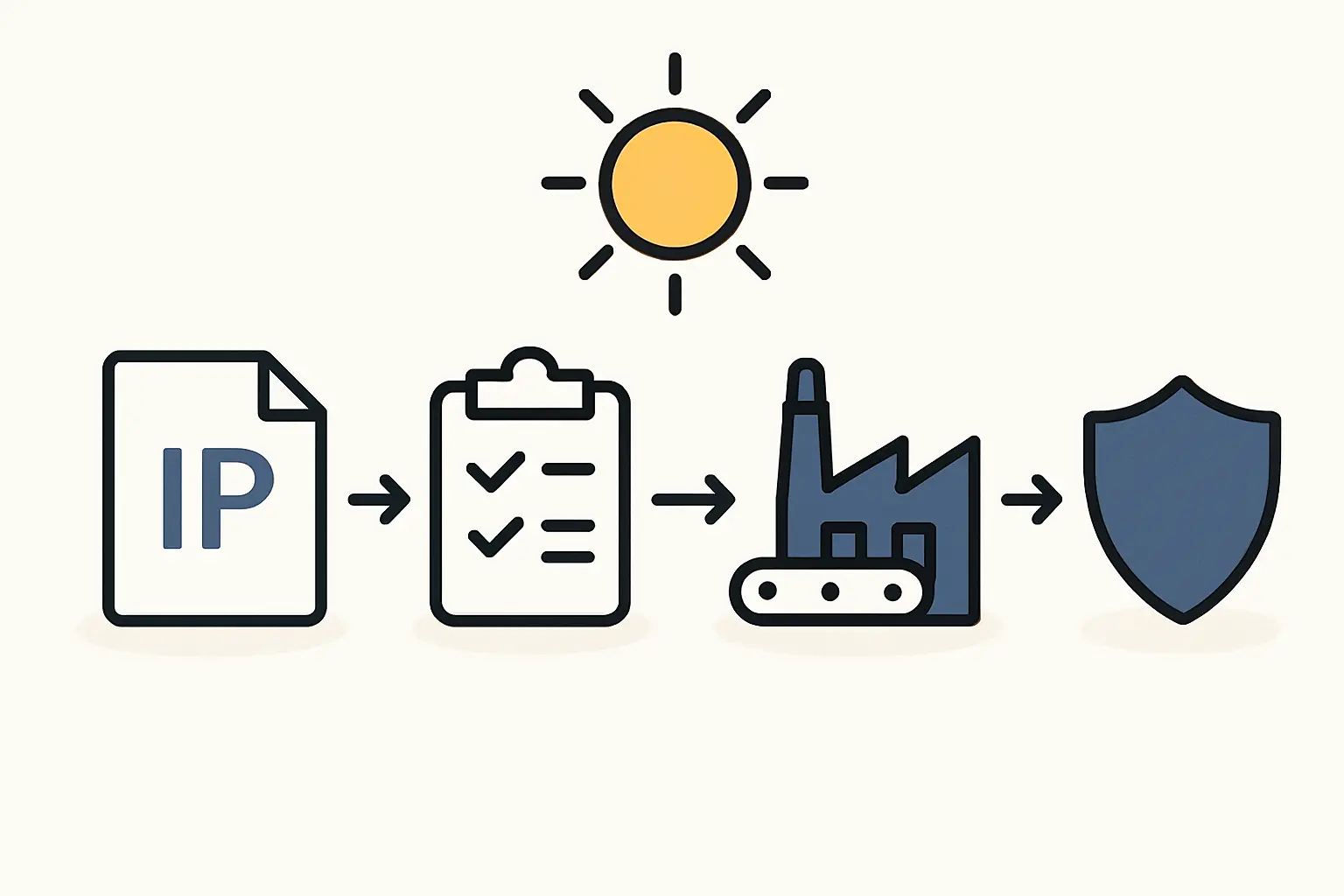
- Compartmentalize Knowledge: Structure your production line and teams so no single employee has access to every step of your proprietary process. For instance, the team managing cell stringing doesn’t need to know the specific parameters of the lamination process. This approach limits the potential damage if an employee leaves the company.
- Implement Physical and Digital Security: Control access to sensitive areas of the factory. Secure proprietary documents on servers with restricted access and monitor for unusual data transfers. Mark sensitive documents as ‘Confidential’ or ‘Trade Secret.’
- Establish Strong Employee Contracts: Work with local legal counsel to draft employment agreements that include robust confidentiality and non-compete clauses compliant with Chinese labor law. Regularly train key staff on the importance of protecting company trade secrets.
3. Partner Selection and Due Diligence
The partners you choose—from joint venture collaborators to the providers of your turnkey solar production line—are critical to your IP security.
- Conduct Thorough Vetting: Investigate the reputation and history of any potential local partner. Do they have a record of IP-related litigation? What do other international companies say about working with them?
- Choose Reputable Suppliers: When sourcing solar manufacturing machines, select established suppliers with a track record of respecting client confidentiality. A reliable supplier understands that their long-term business depends on their reputation. Experience from numerous J.v.G. turnkey projects shows that aligning with partners who value long-term relationships over short-term gains is a powerful way to mitigate risk.
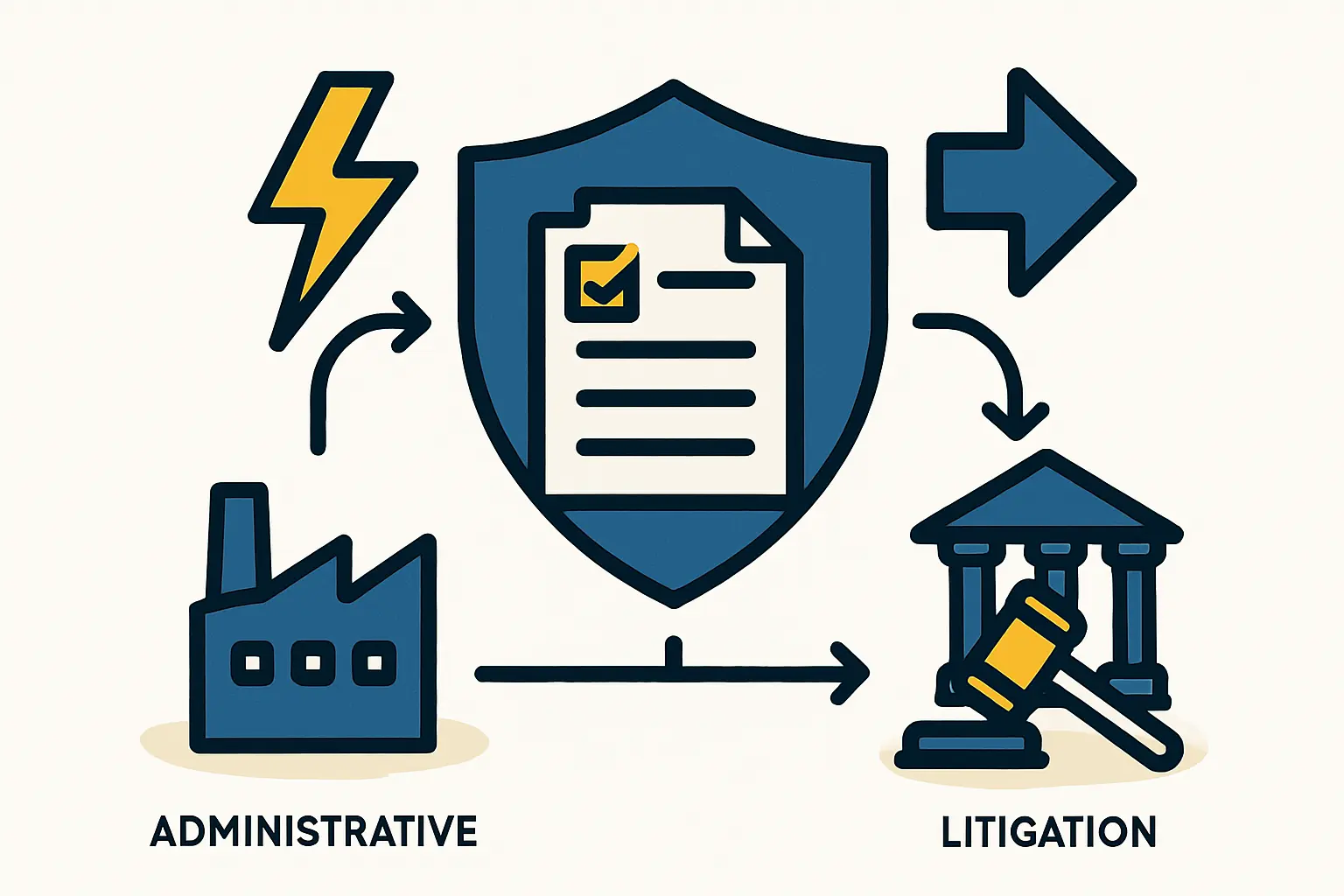
The Critical Role of Trade Secrets in Solar Manufacturing
While patents on new cell technologies capture headlines, the daily competitive advantage for most small- and medium-sized solar manufacturers lies in their trade secrets. These are the incremental process improvements and operational efficiencies that are difficult for competitors to replicate.
Examples of valuable trade secrets in solar module manufacturing include:
- The precise temperature and pressure curve used in the laminator for a specific set of materials.
- A proprietary quality control testing method that identifies defects more effectively.
- The specific chemical composition of an encapsulant or paste.
Unlike patents, trade secrets are not registered. Their legal protection hinges on your ability to prove to a court that the information was valuable and confidential, and that you took reasonable steps to keep it secret. This is why the operational safeguards mentioned above are not just best practices—they are a legal necessity for protecting your most practical innovations.
Frequently Asked Questions on IP in China
Q: Is a US or European patent valid in China?
A: No. Patent and trademark rights are territorial. To gain protection in China, you must file a separate application with the relevant Chinese authorities.
Q: What is an NNN agreement and how does it differ from an NDA?
A: An NNN agreement is designed specifically for China. It covers Non-Disclosure (confidentiality), Non-Use (prohibiting the other party from using your idea to compete), and Non-Circumvention (preventing them from going around you to your suppliers or customers). It is drafted to be enforceable in Chinese courts, with remedies and jurisdiction clearly defined within China.
Q: How much does it cost to file a patent or trademark in China?
A: Costs vary depending on the complexity of the invention and legal fees, but they should be considered a necessary part of the solar factory investment. The expense of proactive filing is minimal compared to the potential cost of litigation or losing your IP rights entirely.
Q: Can I really win an IP dispute in a Chinese court?
A: Yes. In recent years, the success rate for foreign companies in Chinese IP courts has risen significantly, provided they have properly registered their IP in China beforehand. The legal system is increasingly focused on creating a fair environment to encourage foreign investment and protect domestic innovation.
A Strategic Approach to Market Entry
Protecting intellectual property in a Chinese solar manufacturing venture is not a matter of chance but of strategy. By understanding the ‘first-to-file’ system, implementing robust legal and operational controls, and carefully vetting partners, entrepreneurs can effectively safeguard their technology.
This proactive stance transforms IP protection from a source of anxiety into a manageable business function, allowing you to focus on the larger goal: establishing a successful and competitive solar module production facility.

